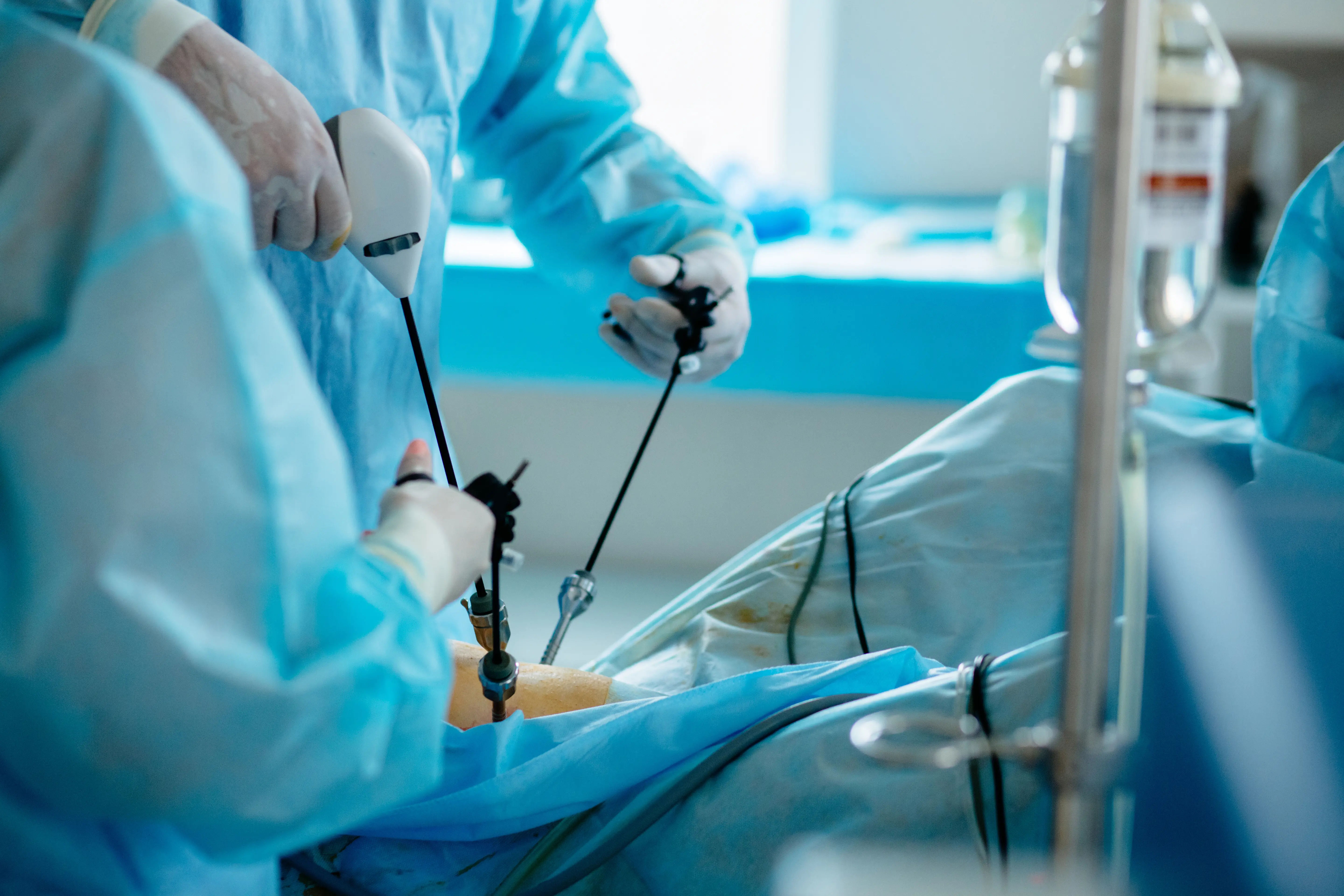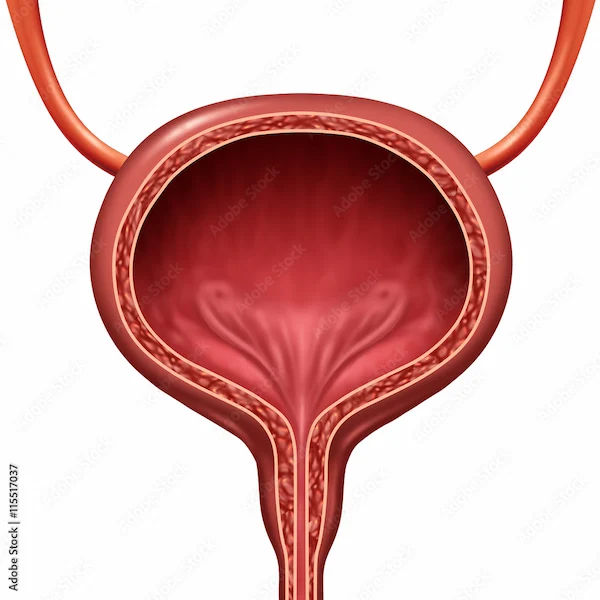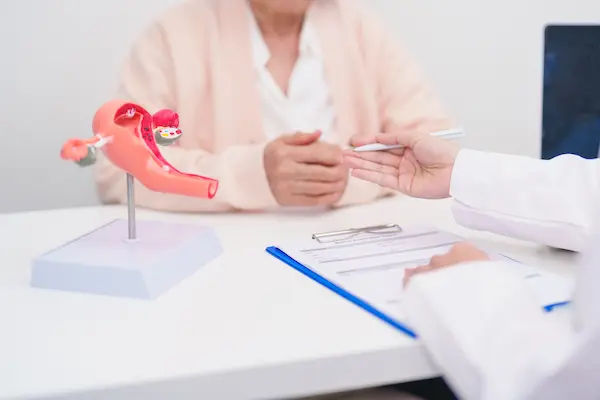Do Hot Flashes Ever Stop After Hysterectomy
Understand why hot flashes occur after a hysterectomy, how long they last, and effective ways to manage them for better comfort and health.


Introduction
If you’ve had a hysterectomy and are experiencing hot flashes, you’re not alone. Many women go through this, and it’s completely normal to wonder whether these sudden waves of heat will ever stop. The good news is that for most women, hot flashes do eventually fade away, but the timeline can vary. Let’s explore why they happen, how long they might last, and what you can do to manage them.
What Are Hot Flashes?
Hot flashes are sudden feelings of intense warmth, often accompanied by sweating, flushing (redness in the face and neck), and sometimes a rapid heartbeat. They can last anywhere from a few seconds to several minutes and may be followed by chills. Hot flashes are most commonly associated with menopause but can also occur after a hysterectomy, especially if the ovaries are removed.
Why Do Hot Flashes Happen After a Hysterectomy?
A hysterectomy is the surgical removal of the uterus. Depending on the type of hysterectomy you’ve had, your ovaries may or may not have been removed:
Total Hysterectomy with Oophorectomy (removal of ovaries): If your ovaries are removed, your body suddenly loses its main source of estrogen, leading to surgical menopause. This abrupt drop in hormones often triggers hot flashes and other menopausal symptoms.
Hysterectomy Without Oophorectomy (keeping ovaries): Even if your ovaries are left intact, they may sometimes stop functioning earlier than expected after a hysterectomy, leading to early menopause and hot flashes.
Consult Top Gynaecologists To Know More
How Long Do Hot Flashes Last After a Hysterectomy?
The duration of hot flashes varies from woman to woman. Here’s what you can generally expect:
If ovaries were removed: Hot flashes may start soon after surgery and can last for several years, similar to natural menopause. For most women, they gradually decrease in frequency and intensity over time, often subsiding within 5-7 years.
If ovaries were kept but stop functioning: Hot flashes may start later and follow a similar timeline to natural menopause, lasting anywhere from a few months to several years.
Some women may experience hot flashes for a shorter period, while others may have them for longer. Factors like genetics, overall health, and lifestyle can influence how long they last.
How Can You Manage Hot Flashes?
While hot flashes can be uncomfortable, there are ways to manage them effectively:
1. Hormone Replacement Therapy (HRT)
If your hot flashes are severe, your doctor may recommend HRT to replace the lost estrogen.
HRT can be taken as pills, patches, or gels, but it’s not suitable for everyone (especially women with a history of certain cancers or blood clots).
2. Lifestyle Changes
Dress in layers so you can remove clothing when a hot flash strikes.
Keep cool by using fans, drinking cold water, or sleeping in a cooler room.
Avoid triggers like spicy foods, caffeine, alcohol, and stress, which can worsen hot flashes.
3. Natural Remedies
Black cohosh, soy, and flaxseed are sometimes used to help reduce symptoms, though scientific evidence is mixed.
Mind-body techniques like deep breathing, yoga, or meditation can help manage stress and reduce hot flashes.
4. Stay Hydrated & Eat a Balanced Diet
Drinking plenty of water helps regulate body temperature.
A diet rich in fruits, vegetables, and whole grains supports overall hormonal balance.
5. Regular Exercise
Physical activity can help regulate hormones and reduce the frequency of hot flashes.
When Should You See a Doctor?
Most hot flashes improve with time, but if they are severely affecting your quality of life, it’s a good idea to consult a doctor. You should also seek medical advice if:
Hot flashes persist for many years without improvement.
You experience other troubling symptoms like irregular bleeding, mood swings, or sleep disturbances.
Conclusion
Hot flashes after a hysterectomy do eventually stop for most women, but the timeline varies. Whether your ovaries were removed or not, your body will adjust over time. In the meantime, lifestyle changes, natural remedies, and medical treatments can help you manage symptoms effectively.
If hot flashes are disrupting your daily life, don’t hesitate to reach out to a healthcare provider. You can book a consultation with a specialist through Apollo 24|7 to discuss personalized treatment options.
Remember, you’re not alone—many women go through this, and with the right support, you can navigate this phase comfortably.
Consult Top Gynaecologists
Consult Top Gynaecologists To Know More
Dr. K Anusha
Obstetrician and Gynaecologist
4 Years • MBBS, DGO
Yemmiganur
SRINIVASAA HOSPITAL, Yemmiganur

Dr. Damayanti Pentiyala
Obstetrician and Gynaecologist
27 Years • MBBS, MD
Khammam
Kinnera Hospital, Khammam
(275+ Patients)

Dr. Vineet Mishra
Infertility Specialist
36 Years • MD, Phd, DSc
Ahmedabad
Apollo Hospitals - Gandhinagar, Ahmedabad, Ahmedabad

Dr. Priyanka Mandal
Obstetrician and Gynaecologist
5 Years • MBBS,MS(OBSTETRICS & GYNAECOLOGY ),FMAS
Kolkata
Gajanan Multispeciality Clinic, Kolkata

Dr. Shruti I
Obstetrician and Gynaecologist
7 Years • MBBS, MS (OBSTETRICS & GYNAECOLOGY)
Bangalore
Apollo Clinic Bellandur, Bangalore
Consult Top Gynaecologists
Dr. K Anusha
Obstetrician and Gynaecologist
4 Years • MBBS, DGO
Yemmiganur
SRINIVASAA HOSPITAL, Yemmiganur

Dr. Damayanti Pentiyala
Obstetrician and Gynaecologist
27 Years • MBBS, MD
Khammam
Kinnera Hospital, Khammam
(275+ Patients)

Dr. Vineet Mishra
Infertility Specialist
36 Years • MD, Phd, DSc
Ahmedabad
Apollo Hospitals - Gandhinagar, Ahmedabad, Ahmedabad

Dr. Priyanka Mandal
Obstetrician and Gynaecologist
5 Years • MBBS,MS(OBSTETRICS & GYNAECOLOGY ),FMAS
Kolkata
Gajanan Multispeciality Clinic, Kolkata

Dr. Shruti I
Obstetrician and Gynaecologist
7 Years • MBBS, MS (OBSTETRICS & GYNAECOLOGY)
Bangalore
Apollo Clinic Bellandur, Bangalore




